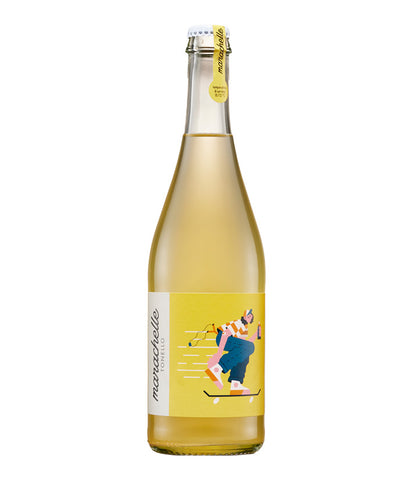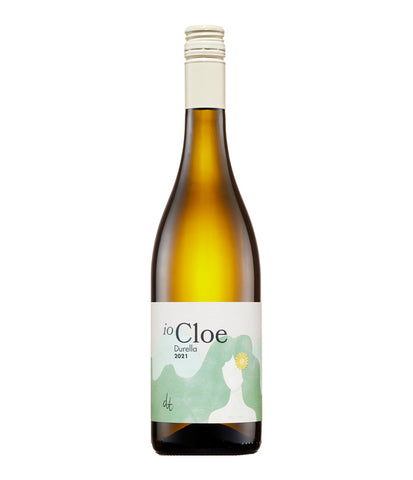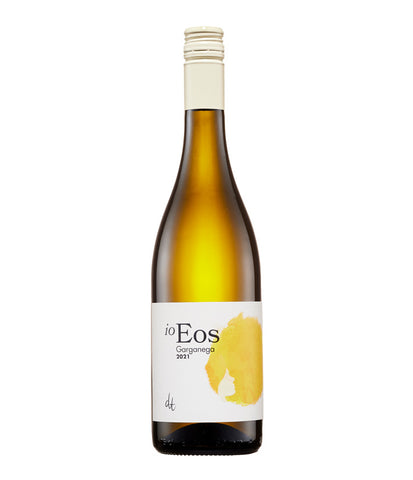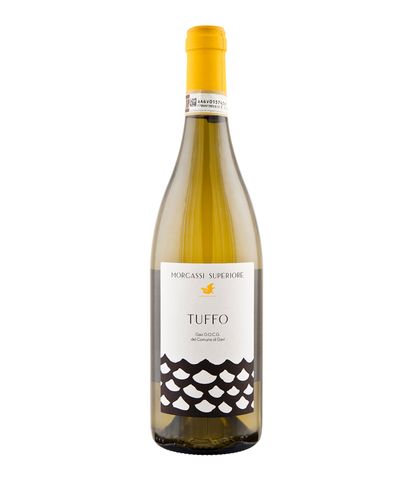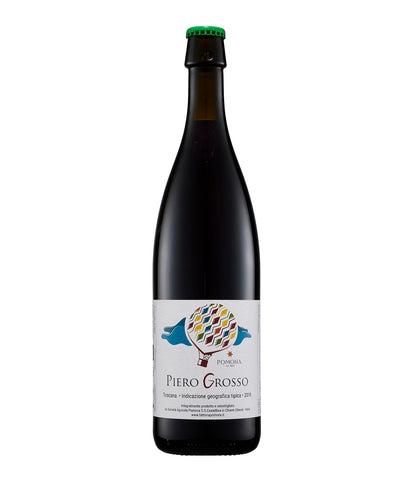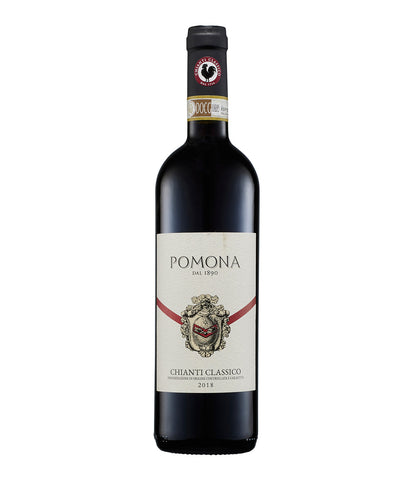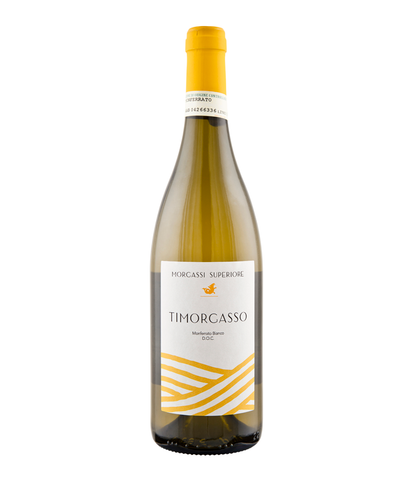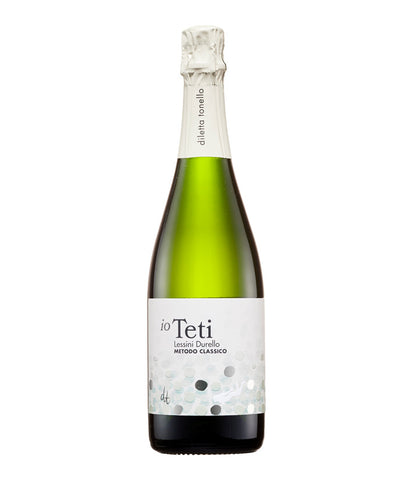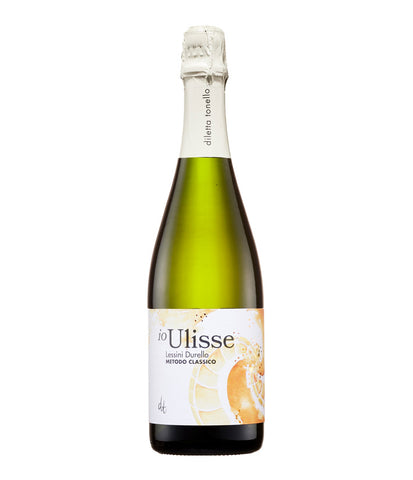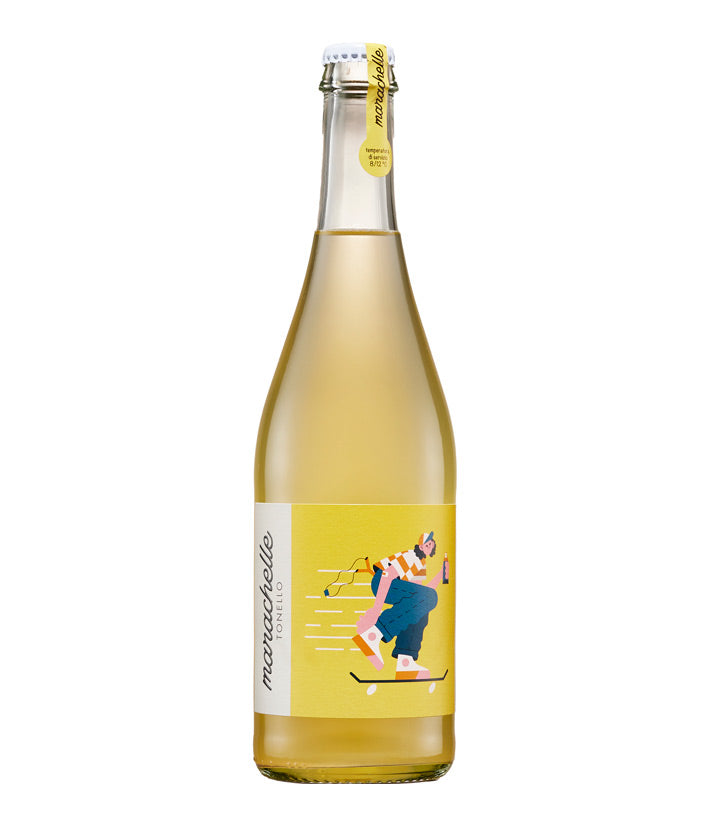
The Art of Wine, a Women's Perspective
Some time back I visited a winery in the Langhe that was displaying the art work of Angela Policastro. The subject matter looked at women and their relationship with wine, and I did my level best to procure one or more of her paintings but they were already spoken for. So the next best thing was to find women who have applied their artistic endeavours to make beautiful and at times evocative wine. Here is our way of celebrating the wonderful women who make wine an art form.
- Page 1 of 1
-
- Page 1 of 1
-

